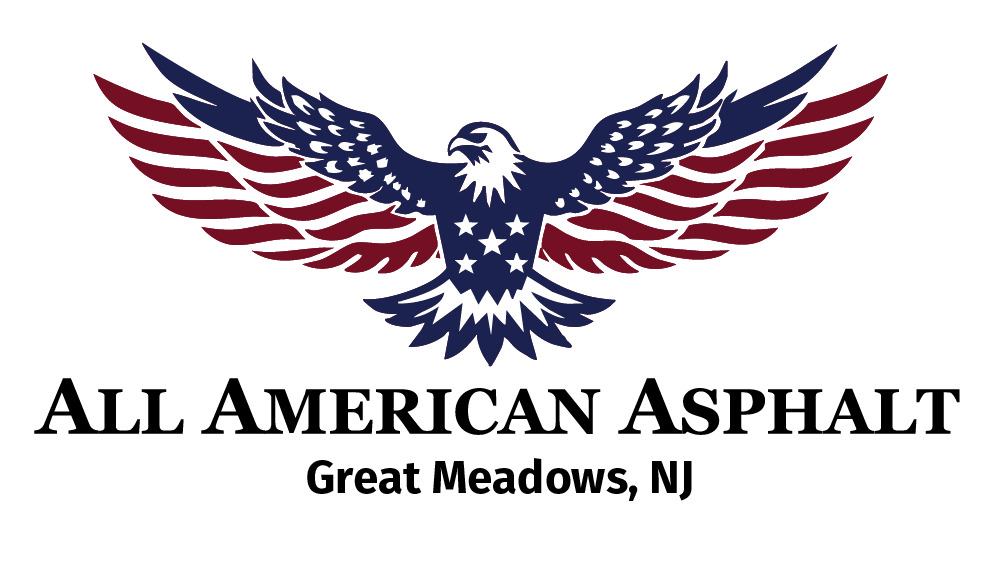The Best Time for Paving and Sealcoating in NJ and PA
- Jhon Jair Grisales

- Aug 29, 2025
- 4 min read
Updated: Oct 24, 2025
When it comes to maintaining your driveway or parking lot, choosing the right timing is crucial. In New Jersey and Pennsylvania, the seasonal climate can significantly influence the best time of year to pave or sealcoat your asphalt surfaces. By understanding these seasonal variations, I can make informed decisions that prolong the life of my pavement and improve its appearance.
Understanding the Climate in NJ and PA
New Jersey and Pennsylvania have a varied climate that features cold winters, warm summers, and moderate spring and fall seasons. Each season brings its own challenges that can affect the effectiveness of paving and sealcoating.
Winter temperatures often dip below freezing, contributing to cracks and potholes in asphalt. For instance, the average low temperature in January can be around 20°F. In contrast, the summer months often see temperatures above 85°F, which can influence how asphalt mixtures cure. Notably, humidity levels can surpass 80% during summer, complicating the sealcoating process.
Understanding these climate factors allows me to better schedule my paving and sealcoating projects.
Spring: A Fresh Start
Spring is widely considered one of the best times for paving and sealcoating in NJ and PA. As temperatures rise, the threat of frost and freezing recedes, making it perfect for asphalt work.
Typically, late March through May provides ideal weather conditions for these projects. During this period, average temperatures range between 50°F to 70°F, facilitating proper curing and adhesion of sealants. Furthermore, many homeowners seek to improve their curb appeal after winter, making this a popular time for surface maintenance.
However, I keep an eye on the weather forecasts, as spring can bring unexpected rain. Scheduling my work during drier intervals can enhance the overall success of my project.
Summer: The Heat is On
Summer is another favored time for paving and sealcoating, especially in July and August when temperatures tend to hover between 80°F and 90°F. Warm weather allows asphalt to cure quickly, speeding up the paving process.
However, summer heat comes with its challenges. If temperatures exceed 90°F, the asphalt mix can become too soft, complicating the paving process. For sealcoating, high temperatures may lead to rapid evaporation of solvents, resulting in uneven finishes. For optimal results, I schedule my work during the cooler parts of the day, such as early morning or late afternoon.
Fall: The Perfect Balance
Fall is often seen as the best season for paving and sealcoating in NJ and PA. With average daily temperatures ranging from the 50s to 70s, the weather tends to be stable, making it ideal for asphalt work.
From late September to early November, the likelihood of rain decreases significantly, and cooler temperatures promote proper curing of both asphalt and sealants. Many property owners use this time to prepare for winter, so addressing pavement issues now can prevent bigger problems later when the snow arrives.
Scheduling my paving or sealcoating project during this season can protect my surfaces from winter damage, keeping my investment safe.
Winter: A Time for Caution
Winter is generally not the right season for paving or sealcoating due to cold temperatures that can interfere with the curing process. If work must be done during this time, I use specialized cold-weather asphalt mixes that can perform better in lower temperatures. However, such maintenance is seldom recommended since the risk of poor results is high.
Factors to Consider
When planning my paving or sealcoating projects, I consider these key factors:
Weather Conditions: I always check forecasts to avoid booking my work during rain or extreme highs and lows in temperature.
Type of Project: Each task may require distinct weather conditions; for example, sealcoating requires warmer temperatures compared to general paving.
If I know I will have a heavy traffic day, I consider scheduling work during off-peak hours to minimize disruptions.
Professional Advice: I always consult with a qualified paving contractor. Their expertise based on local conditions and my specific needs can significantly influence project outcomes.
Timing Matters for Longevity and Value
Choosing the right season for paving or sealcoating in New Jersey and Pennsylvania greatly impacts the durability and overall look of my asphalt surfaces. Generally, spring and fall are ideal, with summer being suitable under careful management. Each season offers unique benefits and challenges.
By paying attention to seasonal factors and planning effectively, I can ensure the success of my paving and sealcoating projects. A well-timed project not only enhances the beauty of my property but also safeguards my investment for the long term.
Investing in timely maintenance can keep my asphalt surfaces in top shape and ready to handle whatever seasonal changes come their way.
Conclusion
In conclusion, understanding the seasonal climate of New Jersey and Pennsylvania is essential for effective paving and sealcoating. By choosing the right time to undertake these projects, I can ensure that my asphalt surfaces remain durable and visually appealing. Whether it’s spring, summer, fall, or winter, each season has its own advantages and challenges.
I encourage everyone to consider these factors when planning their paving and sealcoating projects. A little foresight can go a long way in protecting my investment and enhancing the overall value of my property. Remember, timely maintenance is key to longevity and performance.
For more information on reliable and affordable paving and asphalt services, visit All American Asphalt.




Comments